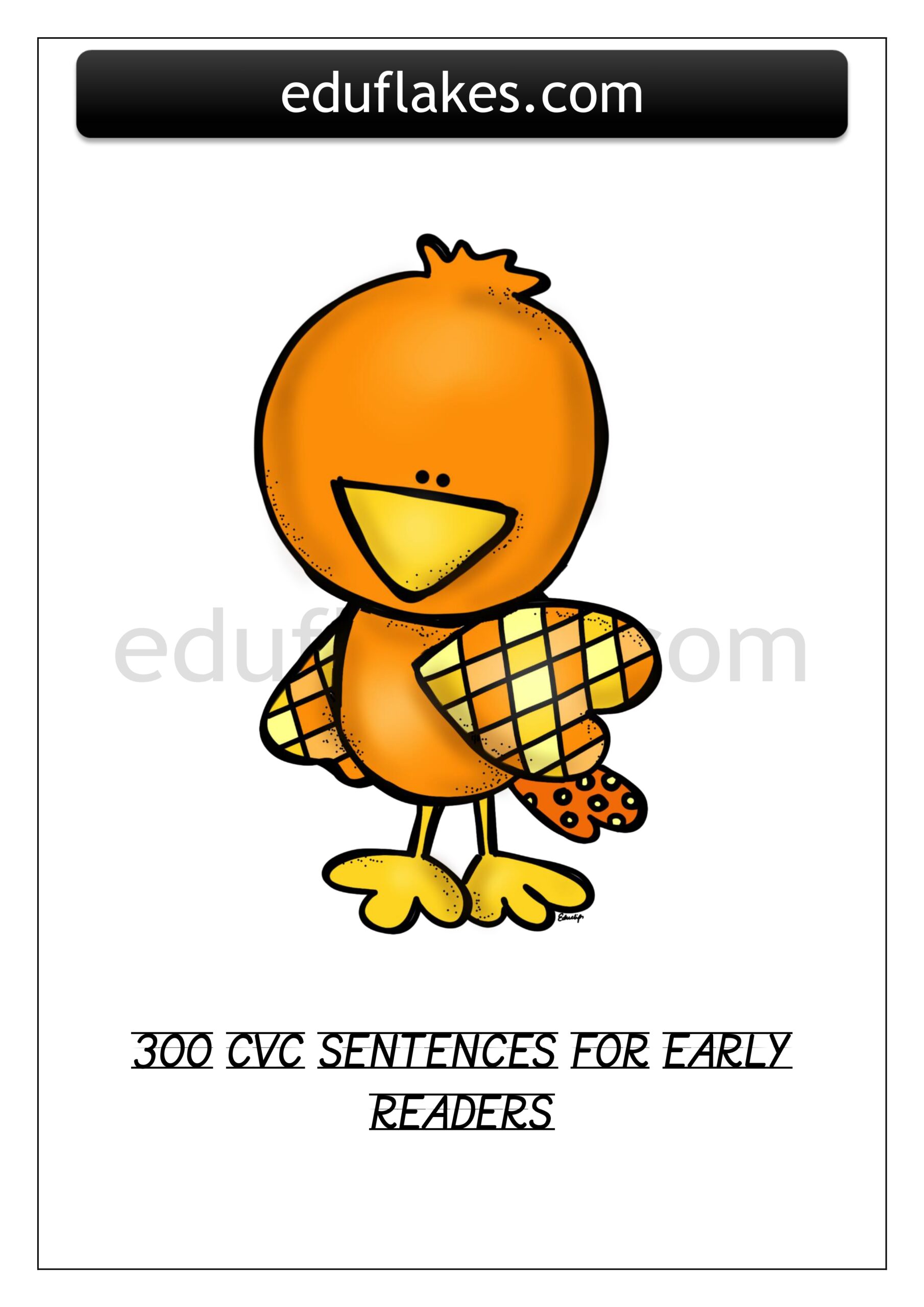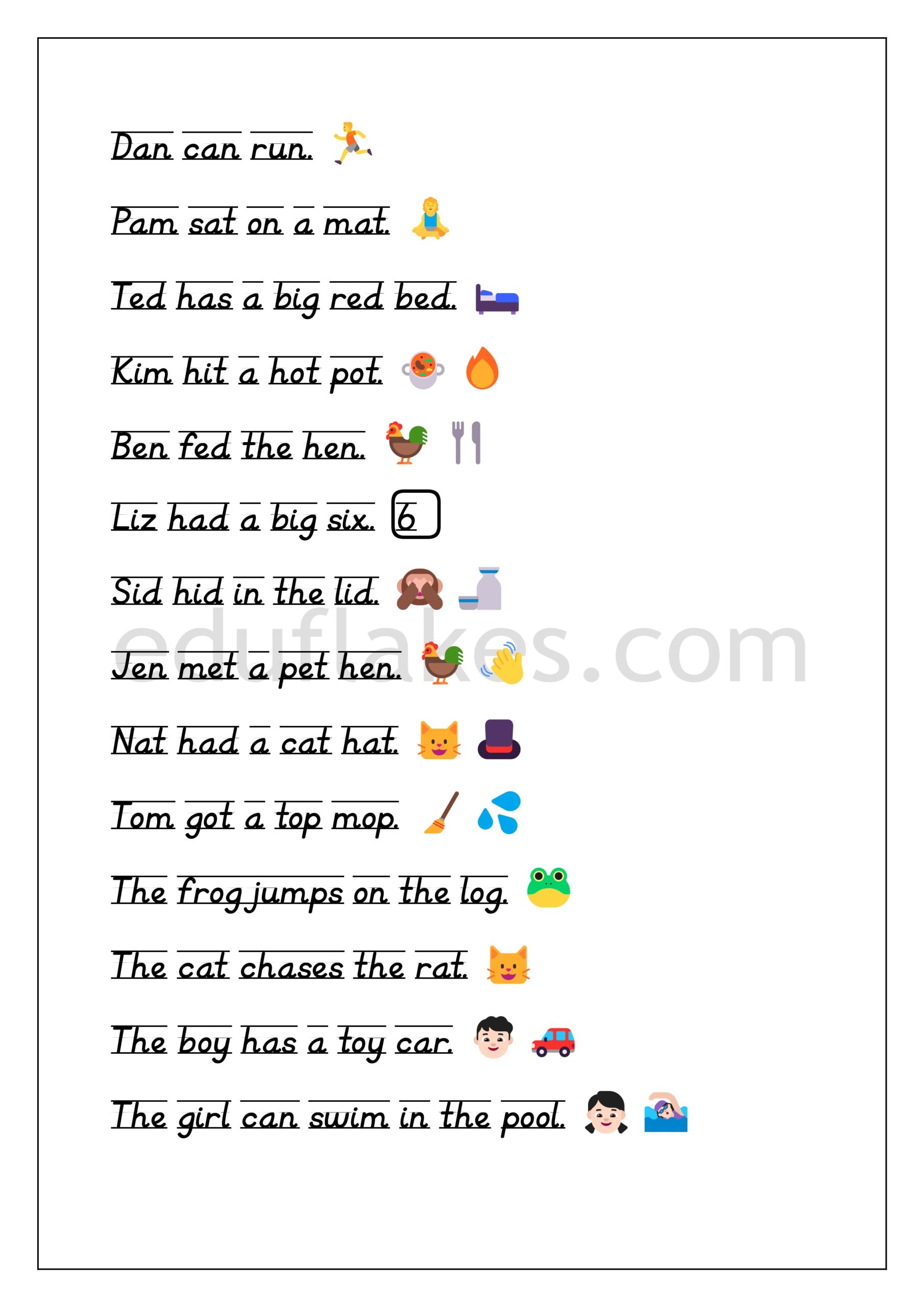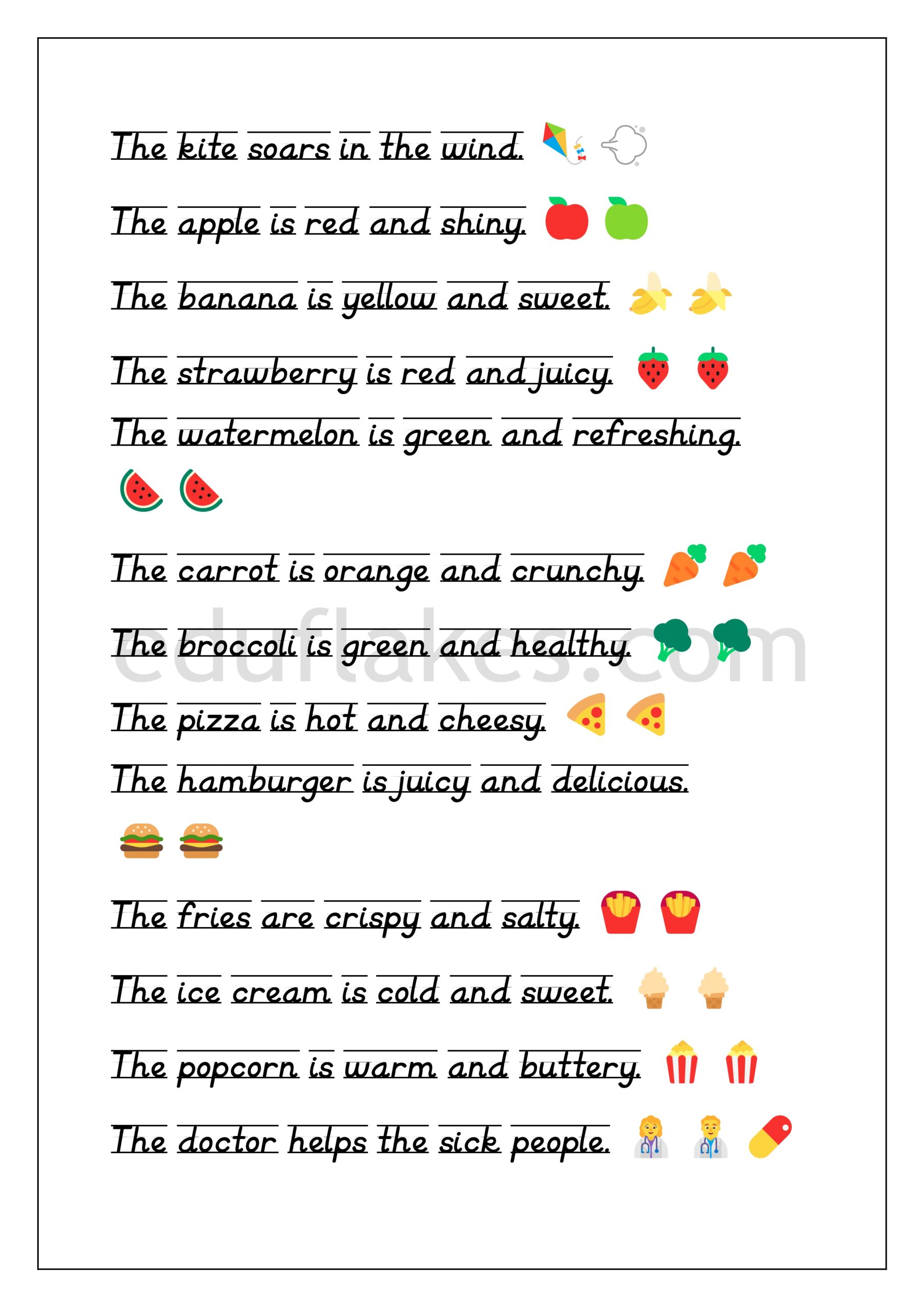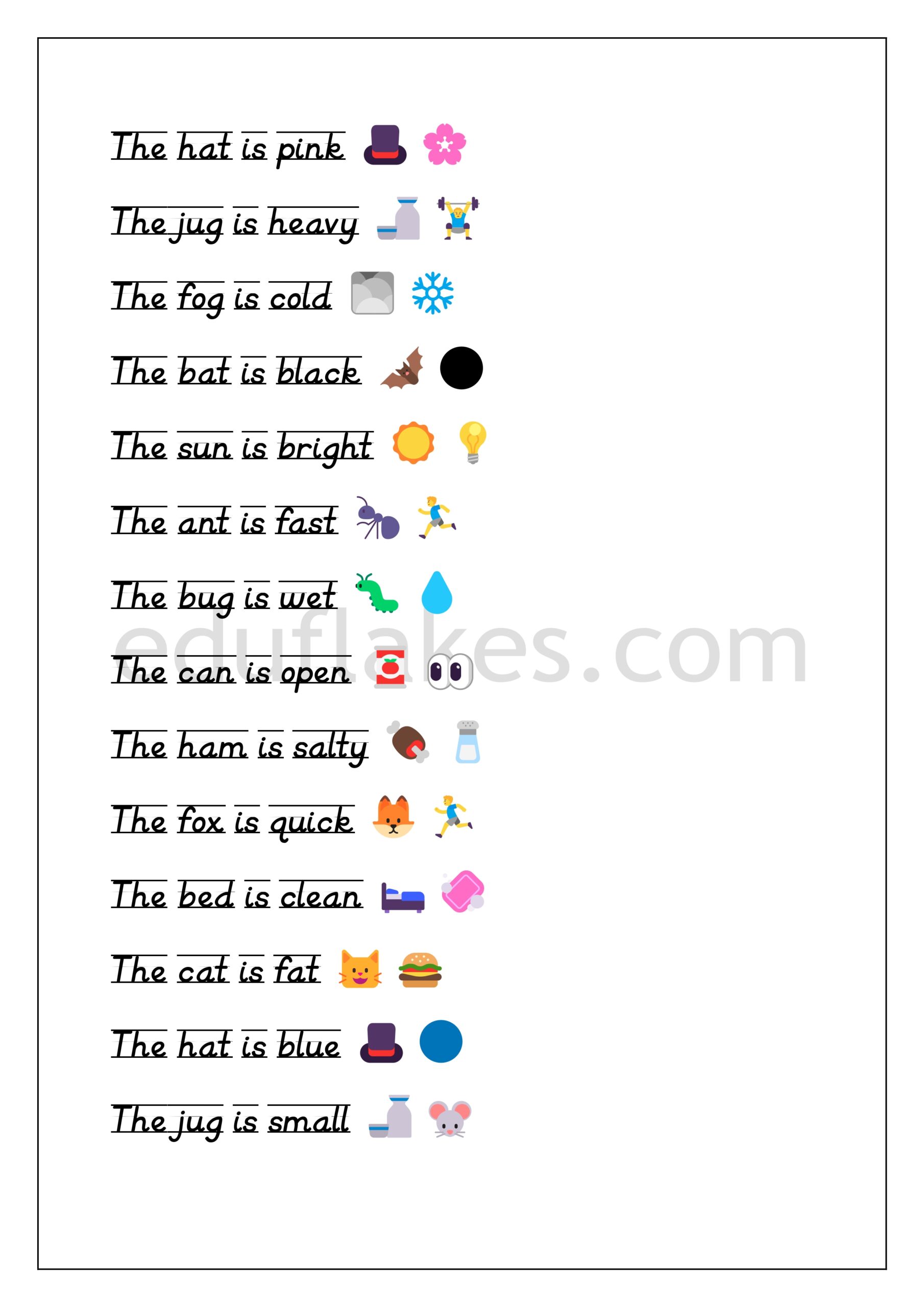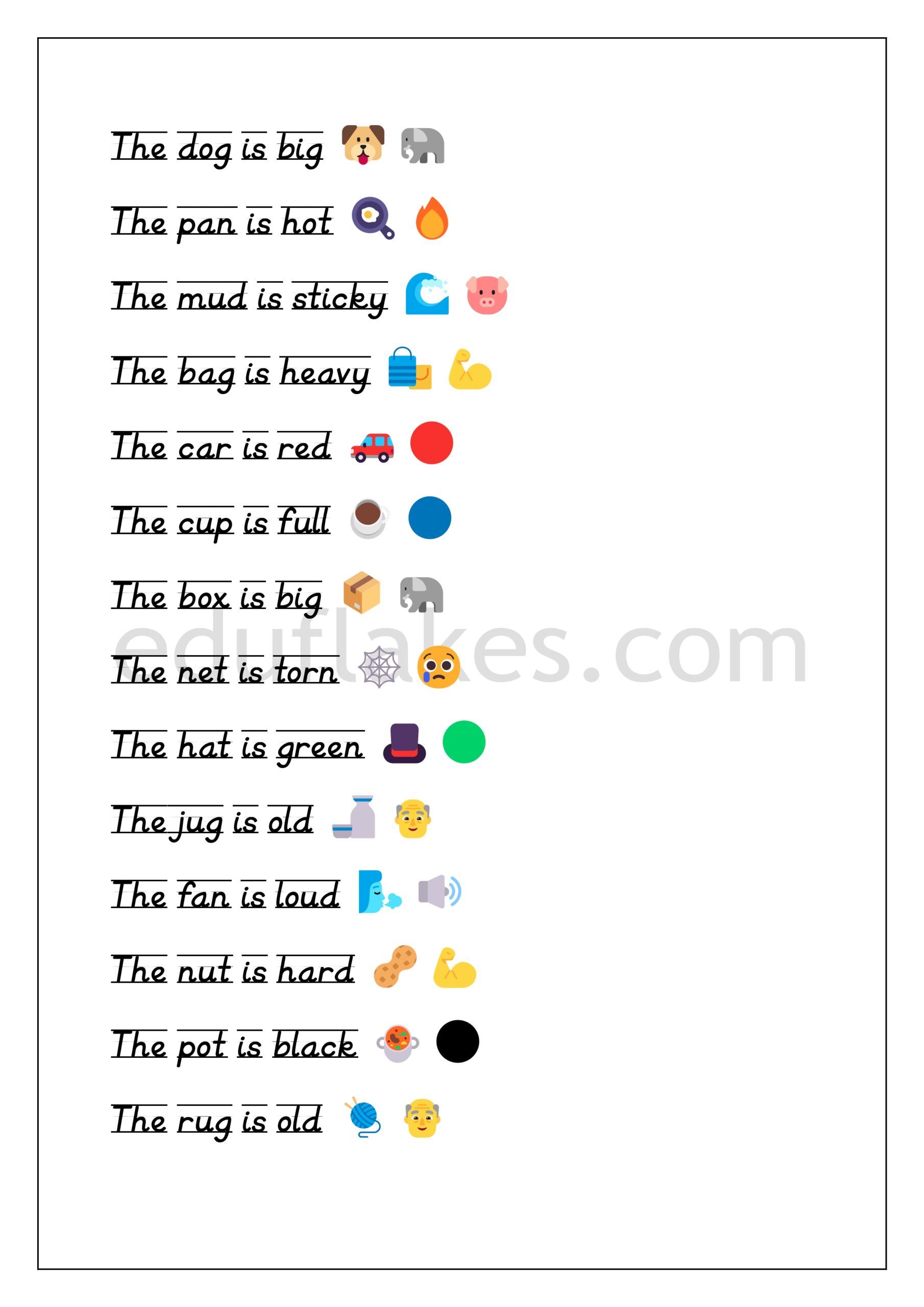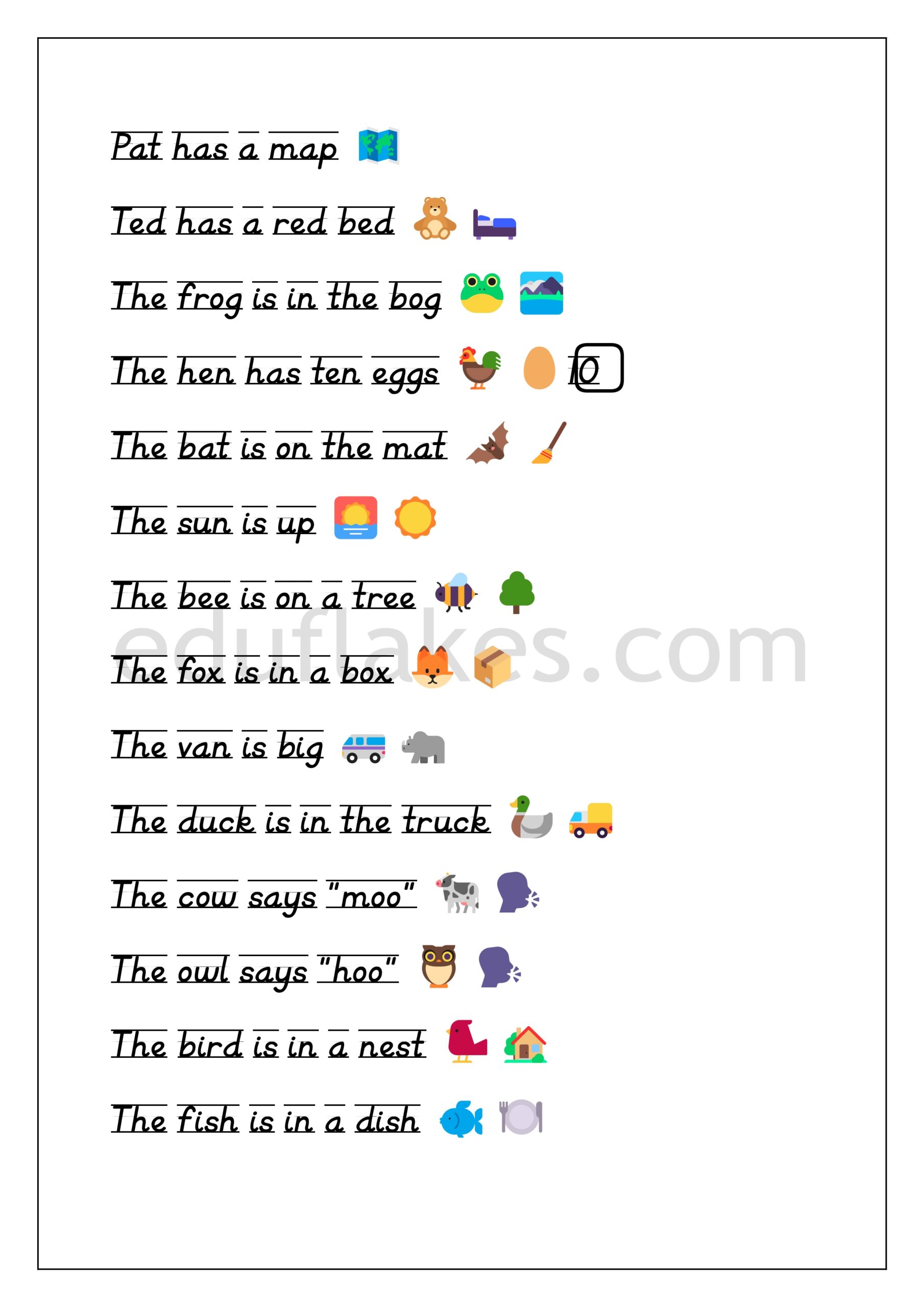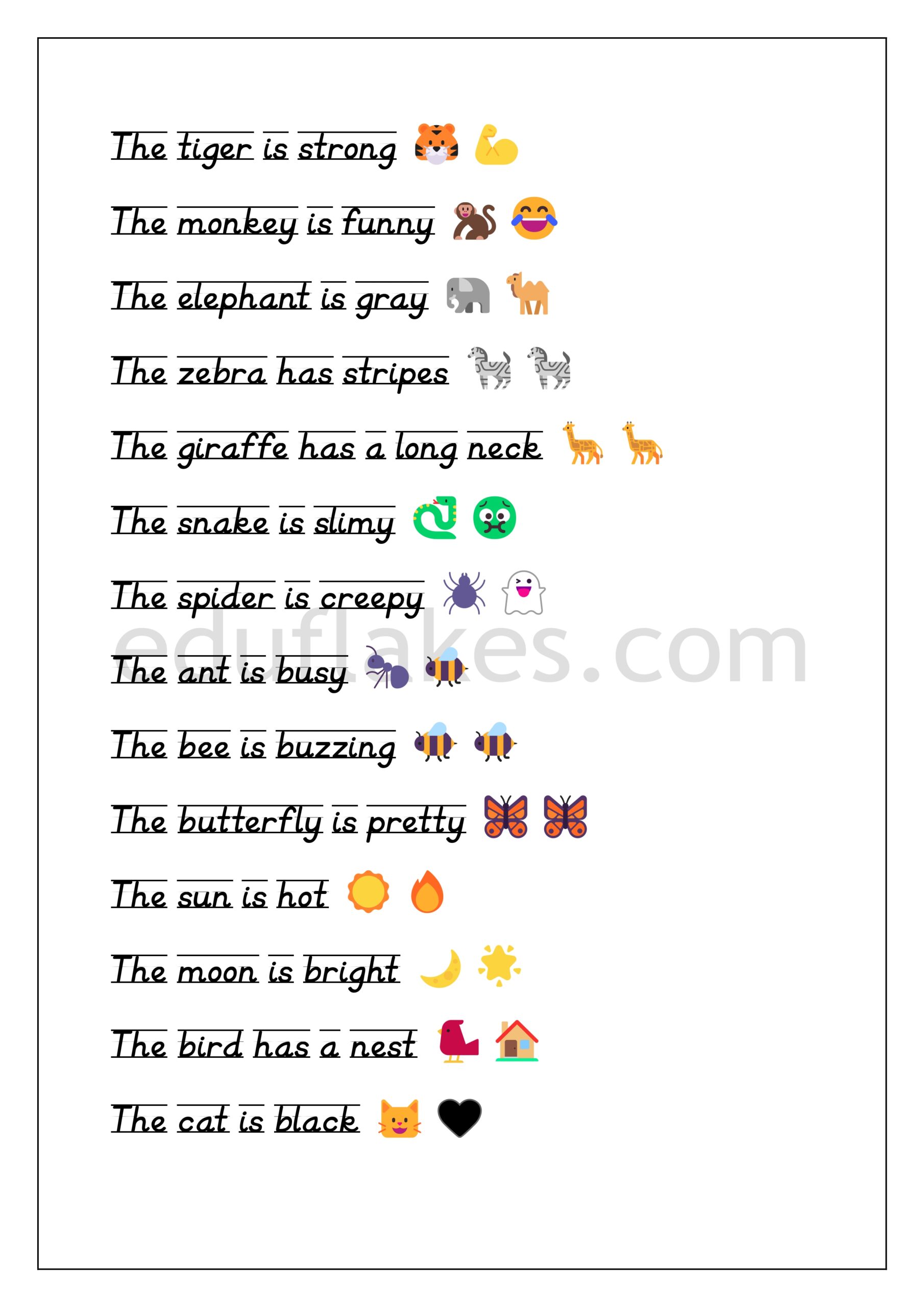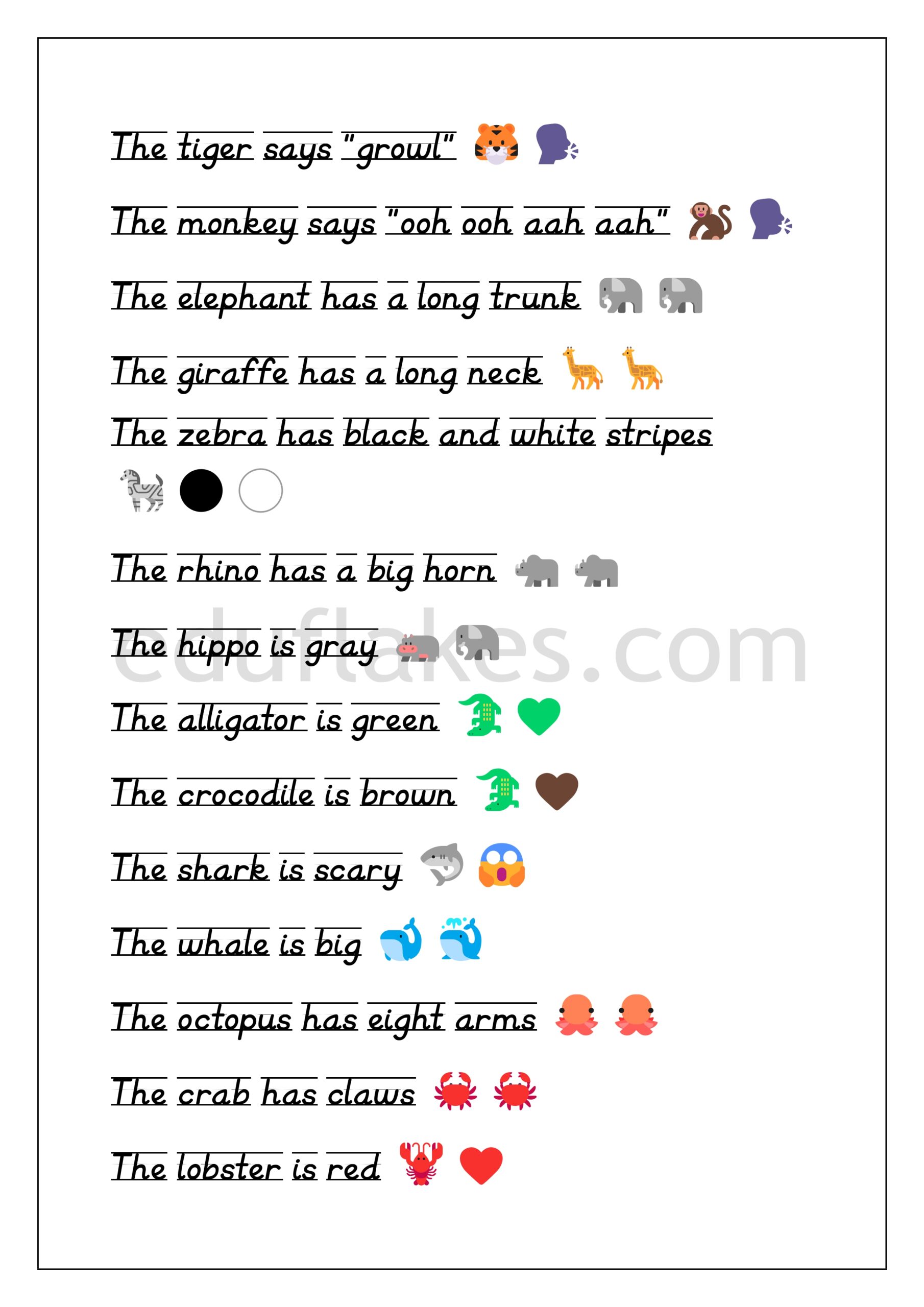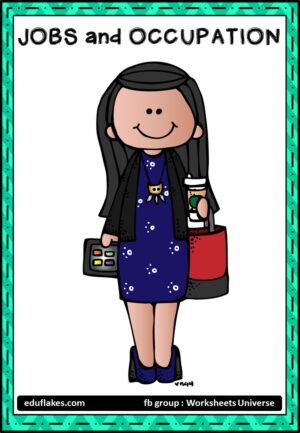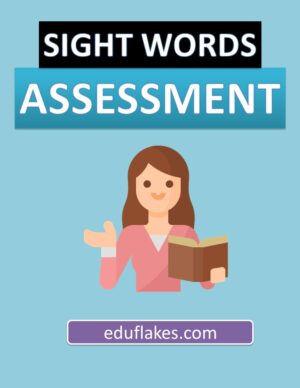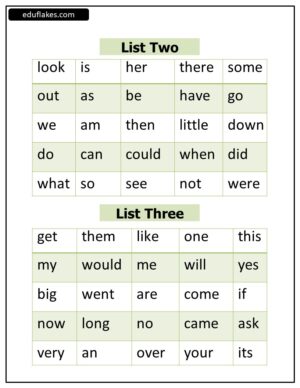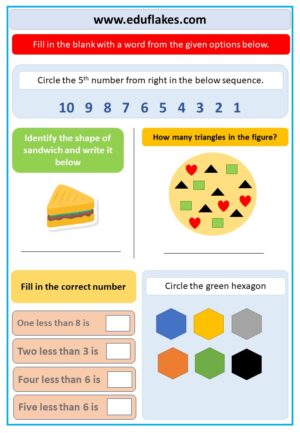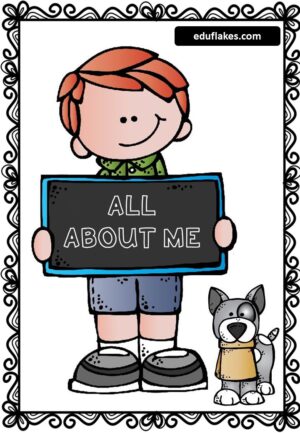CVC sentences worksheets for kindergarten reading free pdf
CVC sentences worksheets for kindergarten reading
CVC sentence reading is important because it is an essential step in learning to read. CVC stands for consonant-vowel-consonant, and CVC words are simple three-letter words that are often the first words that children learn to read. Examples of CVC words include cat, dog, pig, hat, and cup.
CVC sentence reading is important because it helps children develop phonemic awareness, which is the ability to hear and identify individual sounds in words. By learning to read CVC words and sentences, children begin to understand the relationship between letters and sounds, and they can use this knowledge to read more complex words and sentences.
CVC sentence reading also helps children develop fluency and comprehension skills. As children become more proficient at reading CVC sentences, they can read more quickly and accurately, which improves their overall reading fluency. They also begin to understand the meaning of the words they are reading and can use context clues to understand new words and ideas.
In kindergarten, developing early reading skills is a crucial part of a child’s education. Teaching CVC words and sentences is an important part of this process. Activities and games that focus on CVC words can help children develop phonemic awareness and decoding strategies.
Phonics activities for kindergarten can help children learn the sounds of individual letters and the combinations of sounds that make up words. CVC worksheets and games can provide hands-on practice with these skills. In addition, reading fluency activities for kindergarten can help children read more quickly and accurately.
To build a strong foundation for reading, kindergarten teachers often focus on sight words, which are common words that children should recognize instantly. Kindergarten sight words can include many CVC words, such as “cat,” “dog,” and “hat.”
Assessing kindergarten reading skills is also an important part of the process. Kindergarten reading assessments can help teachers identify areas where children need extra support and plan appropriate interventions.
Overall, kindergarten literacy activities should focus on developing phonemic awareness, decoding skills, sight word recognition, and reading fluency. With the right support and resources, children can become confident and enthusiastic readers who are well-prepared for success in later grades.

